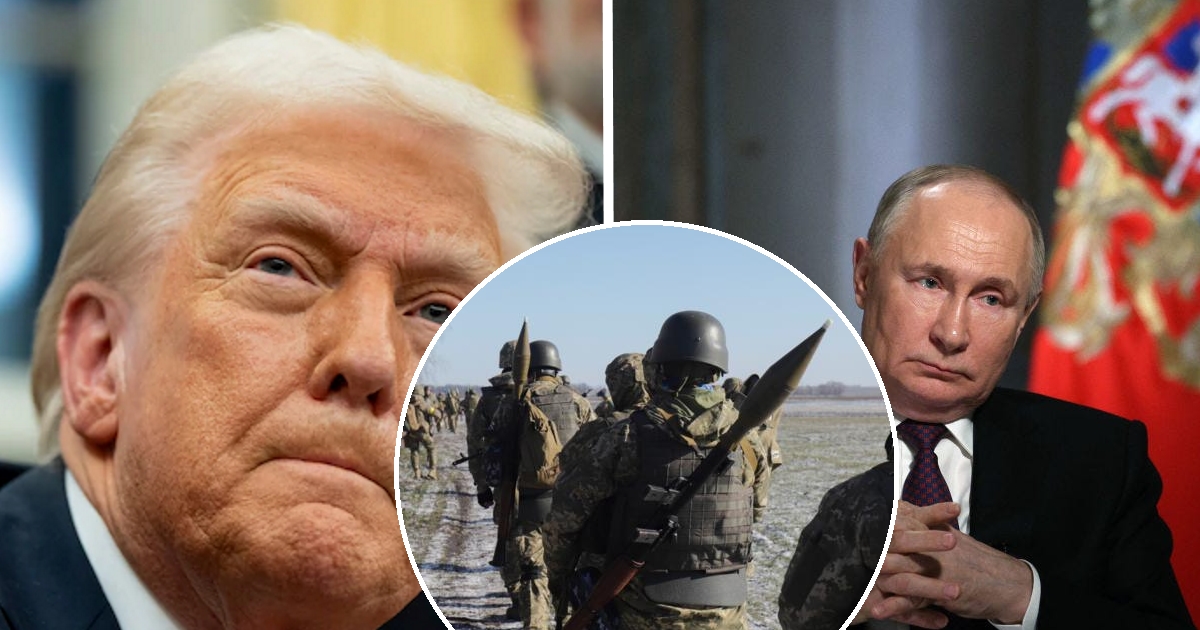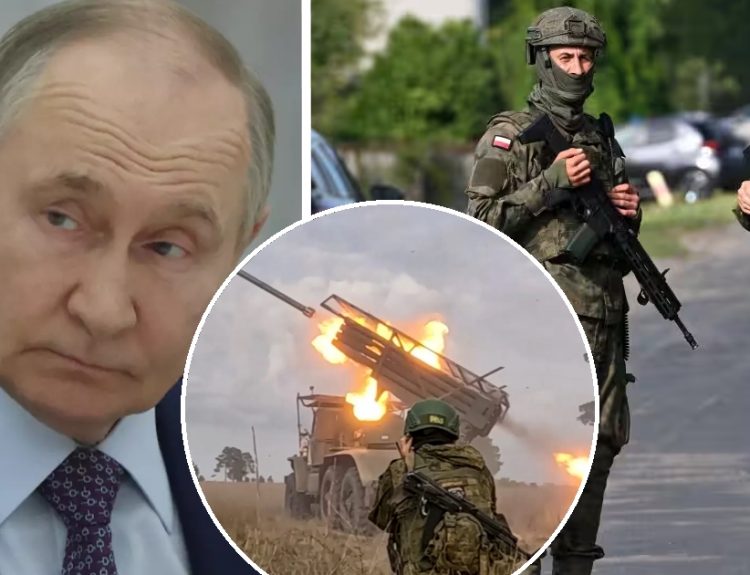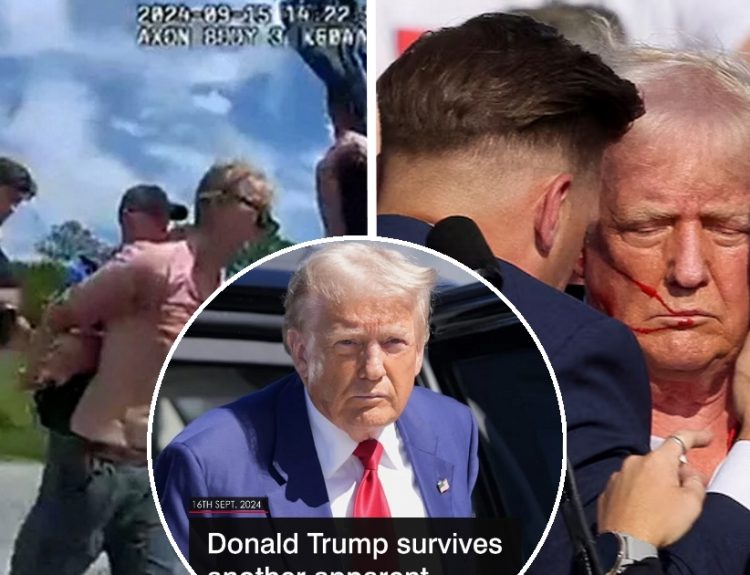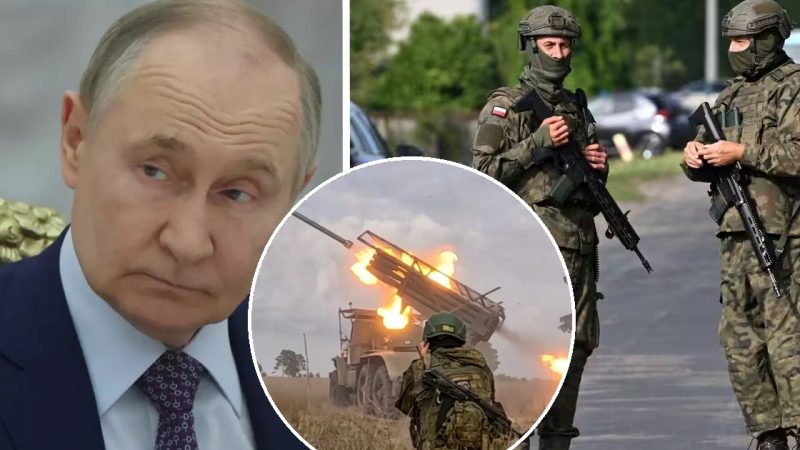Donald Trump has just dropped what many are calling a high-stakes ultimatum. In a letter posted on his platform Truth Social, the U.S. President declared he’s ready to enact “major sanctions” on Russia and strong economic pressure on China—but only if NATO nations agree to stop buying oil from Moscow. He claims this coalition move could end the war in Ukraine “quickly,” saving lives and resources if the rest of the world moves with him. UNILAD reports.
Trump criticized some NATO members for continuing to purchase Russian oil, calling such actions “shocking” and saying they weaken the alliance’s leverage over Russia. He urged those countries to impose tariffs of **50% to 100%** on China—tariffs he says would be rescinded once the war ends—as part of a strategy to choke off support for Russia’s war machine. UNILAD quotes Trump saying, “China has a strong control, and even grip, over Russia … these powerful Tariffs will break that grip.”

“I am ready to ‘go’ when you are. Just say when?”— @RealDonaldTrump
The letter frames NATO’s commitment as less than total, with Trump claiming “NATO’S commitment to WIN has been far less than 100%.” He says the continued purchase of oil from Russia by some member states not only undermines the unity of the alliance but dilutes the impact of sanctions designed to cripple Russia’s financial capacity to wage war. According to the letter, all of NATO must stop importing Russian oil for the penalties to work. The Guardian highlighted this demand as the centerpiece of Trump’s plan.
Trump also proclaimed that ending the war is something he is “on hand to stop,” even though he asserted that “it wasn’t his war.” He pledges that if NATO follows his blueprint, many lives—both Russian and Ukrainian—will be saved. And he warned that failure to act is a waste of U.S. time, energy, and money. UNILAD reports his message ended with a powerful signature: “Thank you for your attention to this matter! DONALD J. TRUMP, PRESIDENT OF THE UNITED STATES OF AMERICA.”
“If NATO does as I say, the WAR will end quickly.”— @RealDonaldTrump
Many analysts are treating the letter as a mix of negotiation and pressure. The tariff-on-China clause, for instance, is designed both to punish Beijing for its trade relations with Russia and to force NATO members to push back on global supply networks. Some critics question whether such broad tariffs are feasible or whether they would backfire. The Daily Beast describes reactions ranging from praise among Trump’s base to alarm from trade experts.

Others point out possible issues with this plan: Russia may simply redirect oil exports to non-NATO partners; China might absorb higher tariffs or shift trade elsewhere; and some NATO countries depend heavily on energy from Russia, making a sudden end difficult. European leaders are reportedly evaluating the costs—both energy security and economic—if they were to cut off oil imports immediately. The New York Times notes that for many European nations, especially in Eastern Europe, alternatives aren’t ready.
“You can’t end this war with demands if people can’t pay for heat.”— @EnergyWatch
In Ukraine, the plan has drawn mixed responses. Zelenskyy and his administration welcomed any strategy that strengthens pressure on Russia but expressed caution about demands that exclude financial and humanitarian support commitments. Some Ukrainian analysts fear that putting too much on oil sanctions without corresponding military or diplomatic guarantees could embolden Russia to escalate. CNN reported several voices in Kyiv saying this framework must include guarantees for Ukraine’s sovereignty if peace is to be lasting.
Meanwhile, Russia denounced the letter as propaganda. Kremlin spokespeople accused Trump of hypocrisy, pointing to Western oil purchases and past diplomatic concessions. Moscow described the plan as “naïve” and part of an information war. Some Russian state media frames the proposal as another attempt to shift blame rather than take responsibility. Reuters indicates Russian officials are likely to issue detailed rebuttals in coming days.
With global tensions already high—policies splitting alliances, energy prices fluctuating, fears of escalation mounting—Trump’s letter has injected a new urgency to NATO’s internal debates. It forces countries to choose: align with the plan and face short-term economic pain, or resist and risk being labeled weak in a global effort for peace. Whether this strategy will work remains uncertain—but the debate it has unleashed shows how much is at stake. The world may be watching closely, hoping this is the kind of leadership that ends the war, or fearing it may just inflame it.






